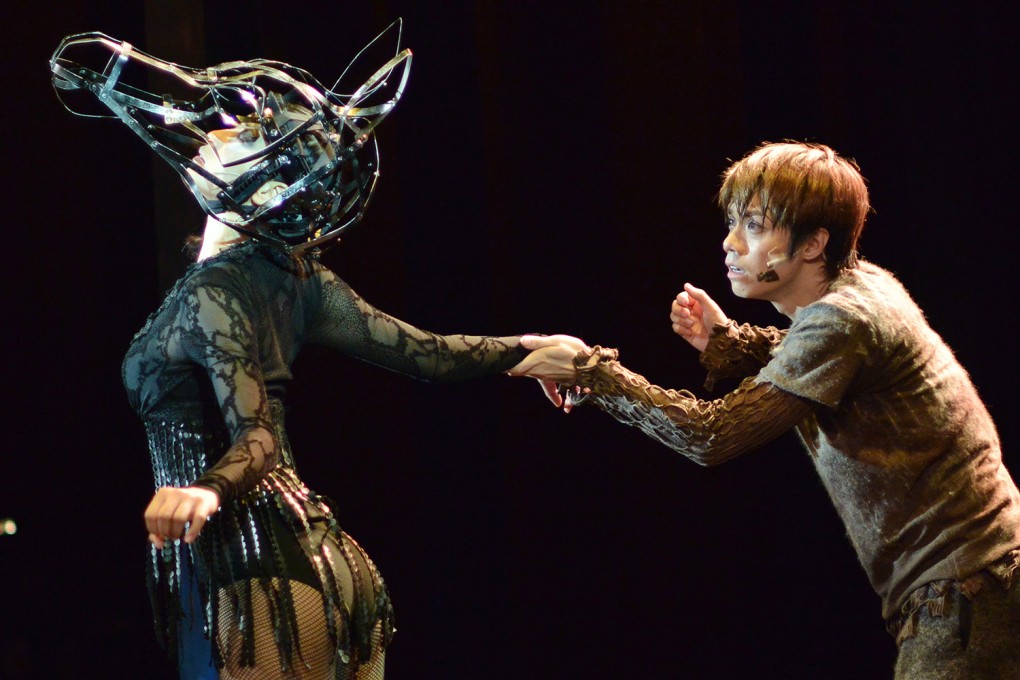The lost art of risk-taking in Hong Kong theatre
Jingan Young says while government support for local theatre could be better, the artists themselves need to explore ways to find new audiences

Despite being described as a "world city", Hong Kong is failing to support or promote any of its theatre-makers at home and abroad. Many say this is because the city is run by bureaucrats; others feel it is due, in large part, to the lack of space and the high financial risk involved in first-time productions. No matter the reason, it is quite clear that, to an international audience, Hong Kong theatre does not exist.
Can anything be done to solve this problem? Last week, this paper reported on how delays in the construction of the West Kowloon Cultural District led one theatre company to completely overhaul its production to cut costs.
That same week, the 2014 Cultural Leadership Summit ran for two days and featured some of "the best minds from Hong Kong and overseas … in a discussion on issues such as the involvement of the cultural sector in city branding". Speakers included the executive director of the Hong Kong Film Festival, Roger Garcia, the founder of the Hong Kong People's Fringe Festival, Chan Chu Hei, and He Meijing, the British Council Hong Kong's head of the arts and creative industries, to name a few.
Is the solution really as simple as cultivating great "cultural leaders"? What happened to the artists? We need fewer "leaders" importing productions from abroad. We also need fewer local theatre-makers supporting the notion that "if you build it, they will come". There's no guarantee that bigger and better performance venues will be built supporting local artists if we import blockbusters.
Perhaps we should be asking ourselves, as artists, why it is that we do not communicate with one another.
Space and money are not the only problems here. Alongside fierce nepotism, there's also the fear of being different, and a lack of motivation for exploring new avenues of performance. Both the Chinese and English theatre companies have been remiss in their attempts to shift the theatrical landscape.